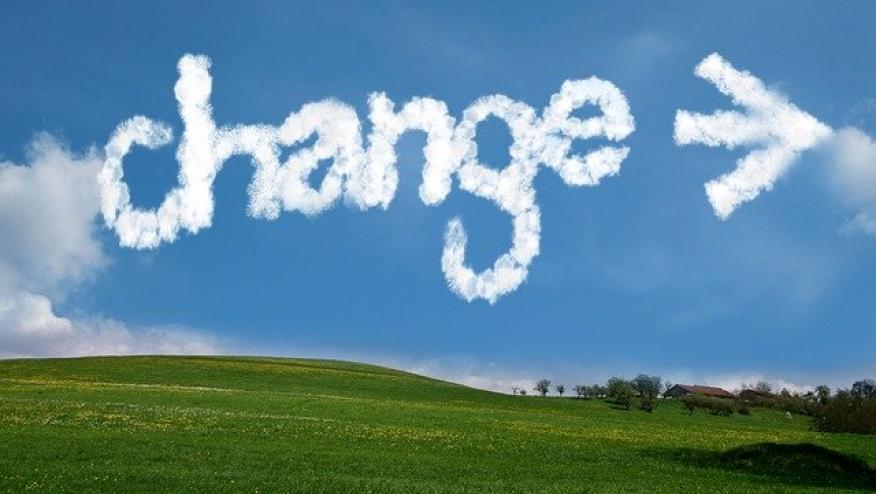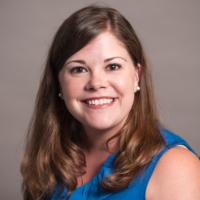Millennial Doctors: Digital natives and the death of medicine as we know it Save

"What does it take to be a good doctor and why are you going to be one?"
This is a standard interview question for generations of physicians. I answered this question myself over a decade ago. While the question remains the same, many Millennial physicians are providing different answers.
Millennial physicians comprise a wider, diverse population compared to prior generations, including an ever-increasing female physician community. It is estimated that by 2025, 75% of the work force will be millennials.1 This generation grew up in an era of participation trophies and structured childhood schedules, all while watching their predecessors sacrifice work/life balance due to persistent slashing of reimbursement. All of this sets the tone for change.
One aspect of change starts with implementation of compassionate care courses as part of the core curriculum in medical school. Compassionate health care is one effort to decrease burn out and to improve patient-physician relationships and outcomes.2 Taking this nuanced education further, training has evolved. In an an additional effort to improve patient reported outcomes, residents and interns have restricted working hours. While it is unclear if limiting work hours has, in fact, improved patient care, it has set up the standard of shift work duties.3 This change has been widely criticized for stealing the trainee focus away from caring for a patient, which has no time limits in the real world.
In addition to core curriculum changes, millennial physicians are also struggling with crippling school related debt. The AMA reported that the average medical school debt was at an all time high of $196,520 in 2018.4 This, multiplied by start up costs and outcome measure requirements, has led to a shift from private practice to hospital employment models. With healthcare systems come patient satisfaction surveys, which potentially affect bonus structures and highlight scrutiny. There's more pressure now to personalize medicine and ensure "happy customer experiences" over traditional patient care.
In light of this, millennial physicians tend to be competitive yet also collaborative. They have adapted technology to help bridge the accessibility gap. Thought leaders and colleagues can become instantaneously accessible though text, email, even twitter. Patients can now follow their docs on social media and even interact with them via telemedicine and portals outside of clinic hours.5 Effectively, this may improve patient-centric communication desires and improve satisfaction scores. The instagram influencers are now healthcare influencers as I denoted in my prior millennial patient piece for Rheumnow. (Follow me @uptoTate on twitter for this elder millennial's rheumatology updates.)
With all of these pressures, it can be easy to see why this group of physicians has shifted from the traditional practice models of our forefathers, instead opting for lower pay and shift work in order to have a better quality of life. Some even opt out of the "Great American Dream" of owning property, building a 401k, and working in one practice for 30 years prior to retirement. This generation is more likely to switch jobs when better lifestyle balance opportunities become available. To some, this makes us sound lazy, entitled, and not trained for the daily stressors of clinic and hospital life/demands.6
Yet, behavioral differences tend to be over reported intergenerationally and there are many accounts in which elders accuse younger generations of being over priviledged and not as dedicated. Case in point, the Baby Boomer generation vs the Traditionalists. But despite our differences (perceived or otherwise,) the world of medicine is changing. It's the millennial generation that will be charged to spearhead efforts to continue caring for patients while overcoming major care model/economic hurdles. Perhaps millennial medicine isn't the dramatic "end of the world" but it is the death of Baby Boomer and Traditionalist medical care as we know it.
As Benjamin Franklin sagely reminded us, "in this world nothing can be said to be certain, except death and taxes."










If you are a health practitioner, you may Login/Register to comment.
Due to the nature of these comment forums, only health practitioners are allowed to comment at this time.